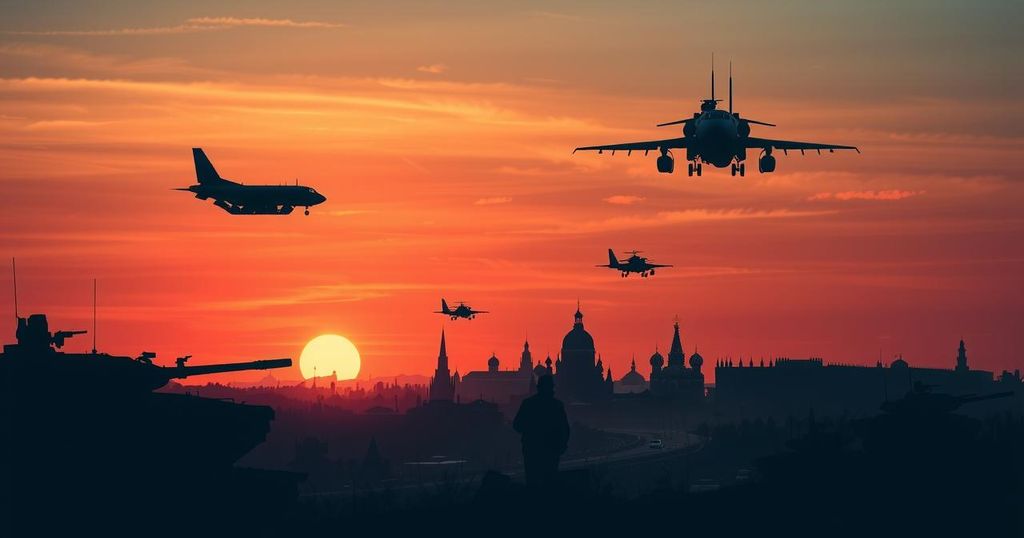Lavrov to Visit North Korea Amidst Rising Military Cooperation

- Sergey Lavrov visits North Korea on July 11-13.
- Deepening ties between Russia and North Korea amid war.
- North Korea to send up to 30,000 soldiers to Russia.
- Alignments shift in light of U.S. frustration with Russia.
- Lavrov’s meeting could include discussions with Kim Jong Un.
Lavrov’s Visit Indicates Stronger Ties Between Russia and North Korea.
In a notable development in international relations, Russian Foreign Minister Sergey Lavrov is gearing up to visit North Korea this upcoming weekend. Aimed at bolstering the ties between Moscow and Pyongyang, this visit, set for July 11-13, has been confirmed by foreign ministry spokesperson Maria Zakharova. This meeting will constitute the second round of strategic dialogue between the top diplomats from both countries, according to reports from Russian state media TASS. North Korea’s state-run KCNA noted that Lavrov’s visit comes at the official invitation of Pyongyang’s foreign ministry, hinting at a strengthened camaraderie at a time when global tensions are high.
North Korea’s Military Support for Russia Expands Significantly.
The timing of Lavrov’s trip couldn’t be more pivotal. North Korea is reportedly preparing to send an additional 25,000 to 30,000 soldiers to assist Russia’s intensified military operations in Ukraine. This comes on top of an estimated 11,000 soldiers that North Korea had already deployed last year. The backdrop includes rising frustrations from the United States, with President Trump accusing President Putin of undermining peace efforts while ramping up military support for Ukraine. Thus, Lavrov’s visit may not just solidify their partnership, but it carries implications for the existing security dynamics in Asia and beyond.
Military Logistics Indicate Strong Operational Ties.
As Lavrov engages with North Korean officials, it remains uncertain whether he will meet with North Korean leader Kim Jong Un. His visit follows a previous meeting with Choe Son Hui, North Korea’s foreign minister, which took place in Moscow last November. Lavrov has previously commended the strong ties between North Korea’s military and Russian forces. Reports indicate that North Korean troops are already embedded on the ground in the Russian border region of Kursk, assisting in military operations against Ukraine. Furthermore, recent satellite imagery shared by CNN suggests a significant logistical operation, with cargo planes and troop transports frequently moving between North Korea and Russia.
In summary, Sergey Lavrov’s visit to North Korea underscores an evolving alliance as the country prepares to send substantial military support to Russia. With tensions growing globally, this collaboration has the potential to alter the situation in Ukraine and influence the broader dynamics in Asia. As developments unfold, observers should keep a close eye on how these two nations continue to interact amidst rising global uncertainties, particularly regarding military coordination and strategic dialogue.







